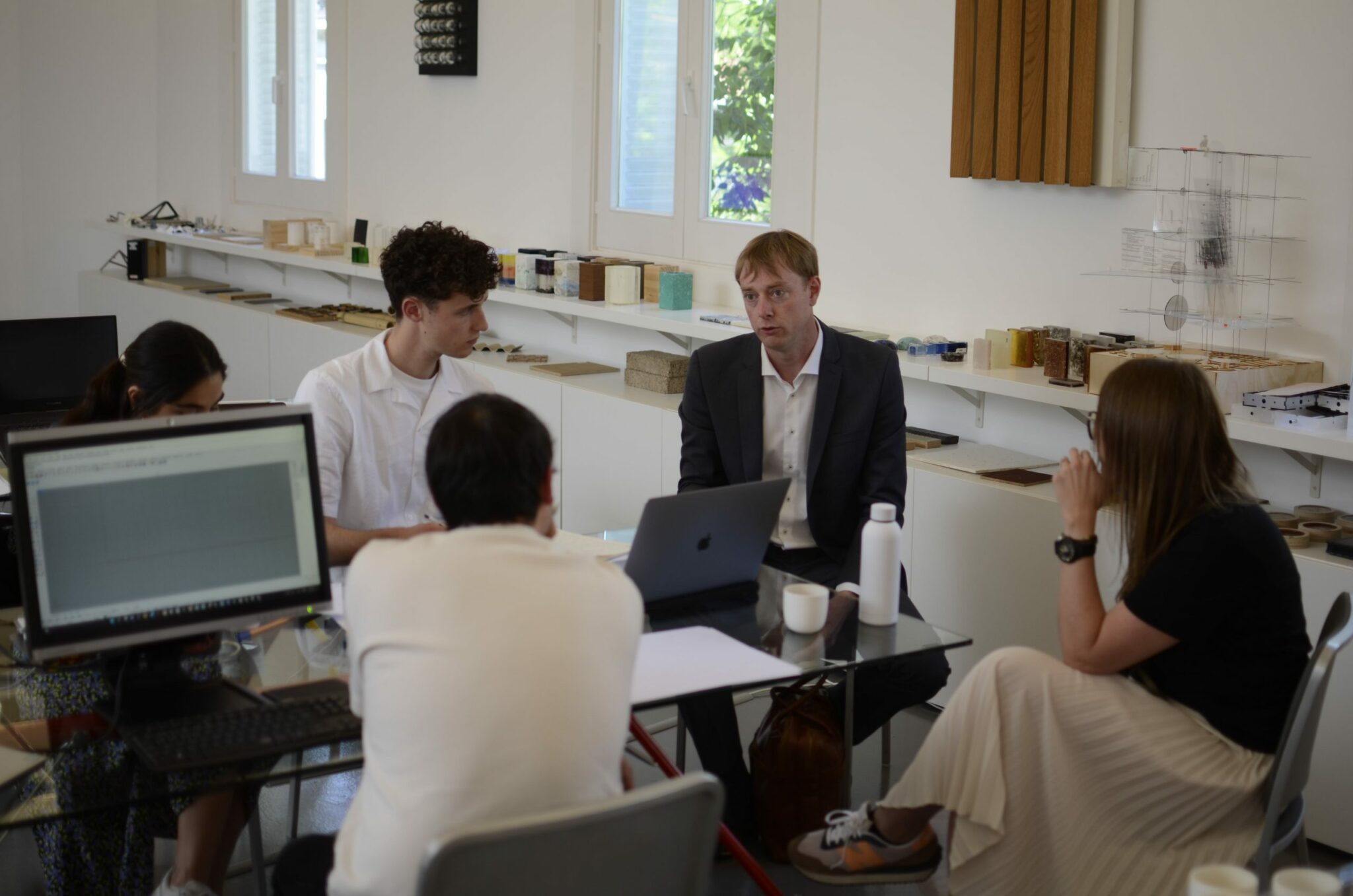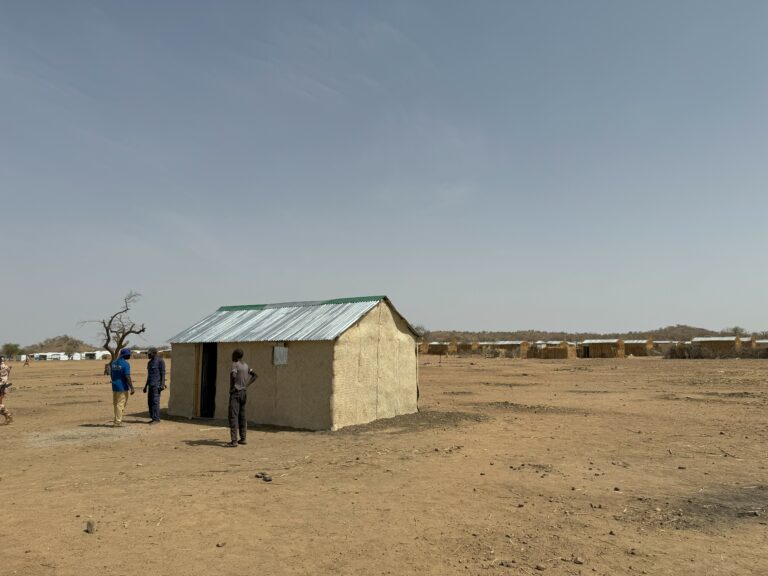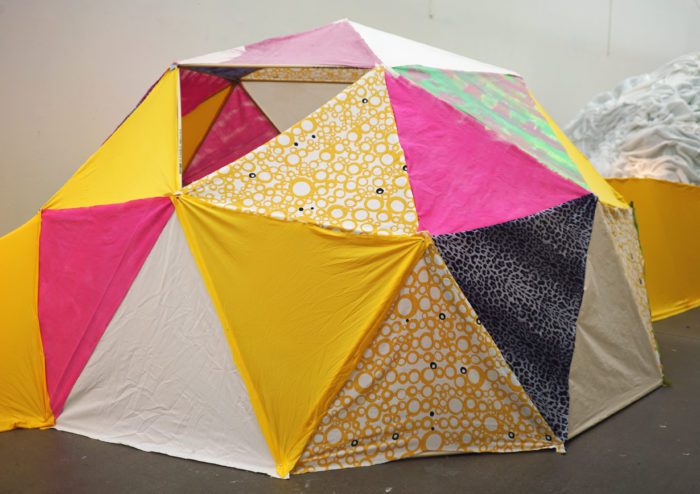Now with over 100 million displaced people around the world, including nearly 13 million forced to flee their homes in Ukraine after only 4 months since the start of the war, the need for more safe and dignified shelter is more urgent than ever before.
The call for safety and dignity in humanitarian shelters is frequently mentioned in humanitarian literature, though not always elaborated with consistency, or standardised guidance.
It’s about creating a system that allows people to thrive.
Yasmine Chacour, Advanced Architecture, Institute of Advanced
Architecture of Catalonia (IAAC), Barcelona, Spain
The first Norman Foster Foundation Shelters Workshop concluded on June 10, with the scholars presenting their final works before a panel of architecture and humanitarian leaders. While in the thick of conceptualising new ways of sheltering our most vulnerable populations in displacement, we talked to the scholars about what a safe and dignified shelter means to them.
It alludes to the concept of privacy, respect and a sense of belonging, regardless of where the people go in the process of displacement
Angel Lagumas, Cornell University, Ithaca, NY, United States
At the Shelters Public Debate that took place on June 8, both Norman Foster and Shigeru Ban shared their thoughts on safe and dignified shelters, relating their past experiences while looking forward to confronting the challenges in current architecture and humanitarian practice.
(A safe and dignified shelter) would be one that would give me privacy when I needed it as a family, but a sense of community. And not an isolated community. A community that was integrated into the bigger picture of that locality.
Norman Foster
Always I propose the system to be built by anyone, and bringing the victims or local people for the part of construction. If they are involved in the construction or method, they have a dignity to own or to keep or to maintain. I think dignity can be created by the involvement of the local people, of the victims, refugees.
Shigeru Ban
Click here for our coverage of the Shelters Public Debate and take a look at the scholars at work, receiving feedback from Workshop leaders.




